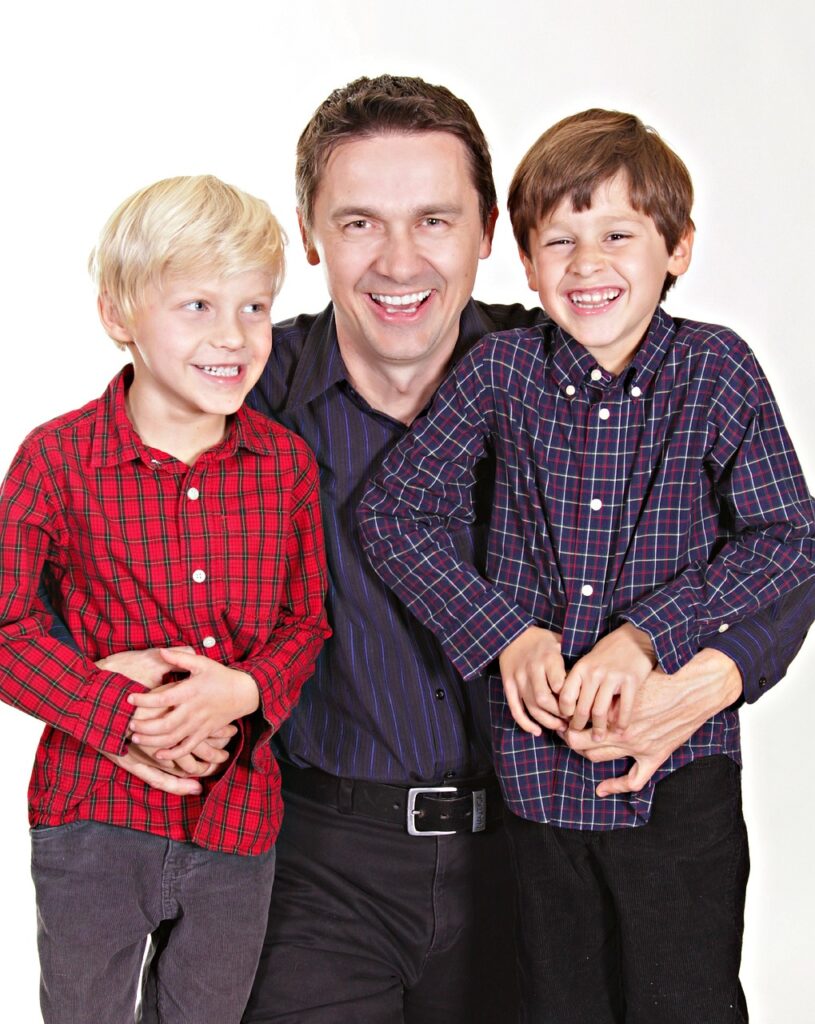A contested divorce can have long-lasting effects on entire families and social circles. Last month in the blog I talked about how parents can manage their mental and emotional health during what is often a long and combative process. This month I’d like to focus on the children and the importance of protecting their well-being during this major life event.
How a contested divorce affects children
Divorce is hard on kids, no matter the circumstances. They are experiencing dramatic changes in their life and adjusting to new routines. They may also be exposed to disagreements and bitterness between their parents. This is more likely to occur when the divorce is contested.
Younger children may experience confusion, and they tend to react to the instability and insecurity with increased dependence on their parents and caretakers. Their anxiety and grief may lead to regression that requires even more attention.
Adolescents, on the other hand, often have a more aggressive response to their parents’ split. They feel anger and resentment and may act more distant and defiant. Their school performance may suffer, or they may resort to unhealthy outlets to deal with their emotions, including everything from outbursts to isolation.
How to help children cope with a contested divorce
Disputes are likely to get heated during a contested divorce. It’s important to put emotions aside and handle any issues privately. You and your spouse will need to find a way to keep a line of communication open and work together to prioritize your child’s happiness and well-being. Putting your children first will help them cope with the changes both during and after the divorce.
Here are some important things to keep in mind:
- Communicate what’s happening in an honest, simple, and appropriate way
- Be available to listen, answer questions, and validate your child’s feelings
- Be supportive of your child’s time and relationship with your spouse
- Maintain as much stability as possible and stick to predictable routines
- Help your child find healthy emotional outlets for his or her feelings
- Provide continual reassurance that your child is safe and loved
Every child will understand and cope with a divorce in his or her own way. Some may benefit from counseling during this vulnerable time. A therapist can provide a safe place for children to process their emotions, learn how to manage them, and adjust to the many changes they are experiencing at home. Both parents should be aware of the therapy, understand the goals and intervention strategies, and stay abreast of their child’s progress.
Dr. David Lowenstein is a Columbus, Ohio-based psychologist with more than 35 years of experience. He conducts individual, family, and group therapy sessions in his German Village office and also via telehealth. Dr. Lowenstein is also available for expert forensic testimony, and for educational workshops and presentations. He is frequently called upon as an expert source for print, radio, and broadcast media. Contact Dr. Lowenstein at Lowenstein & Associates, 691 South Fifth Street, Columbus, Ohio, 43206, or call 614.443.6155 or 614.444.0432.


